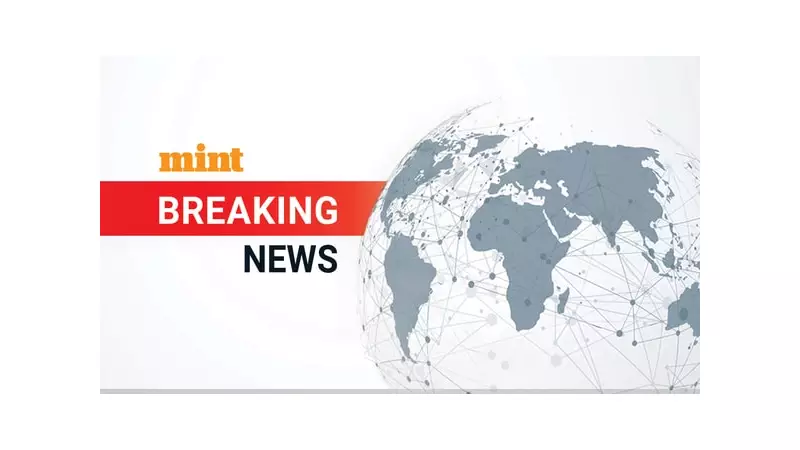
The latest economic data from the United States reveals a concerning uptick in inflation, with the Consumer Price Index (CPI) climbing to 3% in September compared to the same period last year. This represents a significant development in the ongoing battle against price pressures that has dominated economic discussions throughout 2023.
Monthly Price Movement Shows Persistent Pressure
On a month-over-month basis, prices increased by 0.3% in September, indicating that inflationary pressures continue to persist despite the Federal Reserve's aggressive interest rate hikes. The data, released by the Bureau of Labor Statistics, comes at a critical juncture for policymakers and economists alike.
Core Inflation Remains Stubbornly High
Perhaps more worrying for economists is the persistent elevation in core inflation, which excludes volatile food and energy prices. The core CPI maintained a 4.1% annual rate, significantly above the Federal Reserve's 2% target. This suggests that underlying price pressures remain deeply embedded in the economy.
Government Shutdown Threatens Economic Stability
The inflation report arrives amid growing concerns about a potential US government shutdown. Such an event could severely disrupt economic data collection and analysis, potentially leaving policymakers and markets in the dark about crucial economic indicators at precisely the wrong time.
Key factors driving September's inflation include:
- Continued pressure in shelter costs
- Persistent service sector inflation
- Energy price volatility
- Food price fluctuations
Federal Reserve's Dilemma Intensifies
The latest numbers present a complex challenge for the Federal Reserve. While overall inflation has moderated from its peak, the persistent core inflation and recent monthly increases suggest the battle is far from over. The central bank must now weigh the risks of doing too little against overtightening and potentially triggering a recession.
Market participants and economists will be closely watching the Federal Reserve's next moves, with many expecting at least one more rate hike before the end of the year if inflation continues to show such resilience.






